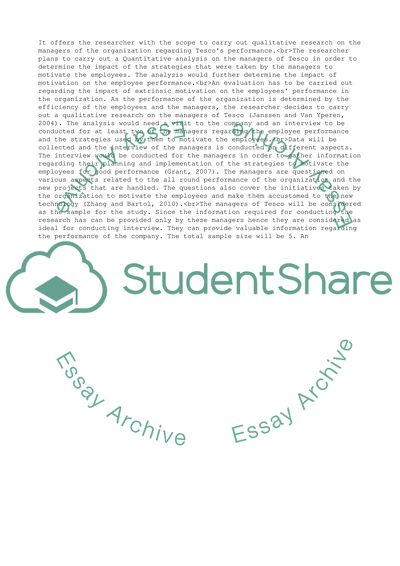Cite this document
(TO WHAT EXTENT HAS EXTRINSIC motivation CONTRIBUTED TO EMPLOYEE Essay, n.d.)
TO WHAT EXTENT HAS EXTRINSIC motivation CONTRIBUTED TO EMPLOYEE Essay. https://studentshare.org/management/1874331-to-what-extent-has-extrinsic-motivation-contributed-to-employee-performance-in-tesco-company
TO WHAT EXTENT HAS EXTRINSIC motivation CONTRIBUTED TO EMPLOYEE Essay. https://studentshare.org/management/1874331-to-what-extent-has-extrinsic-motivation-contributed-to-employee-performance-in-tesco-company
(TO WHAT EXTENT HAS EXTRINSIC Motivation CONTRIBUTED TO EMPLOYEE Essay)
TO WHAT EXTENT HAS EXTRINSIC Motivation CONTRIBUTED TO EMPLOYEE Essay. https://studentshare.org/management/1874331-to-what-extent-has-extrinsic-motivation-contributed-to-employee-performance-in-tesco-company.
TO WHAT EXTENT HAS EXTRINSIC Motivation CONTRIBUTED TO EMPLOYEE Essay. https://studentshare.org/management/1874331-to-what-extent-has-extrinsic-motivation-contributed-to-employee-performance-in-tesco-company.
“TO WHAT EXTENT HAS EXTRINSIC Motivation CONTRIBUTED TO EMPLOYEE Essay”. https://studentshare.org/management/1874331-to-what-extent-has-extrinsic-motivation-contributed-to-employee-performance-in-tesco-company.


